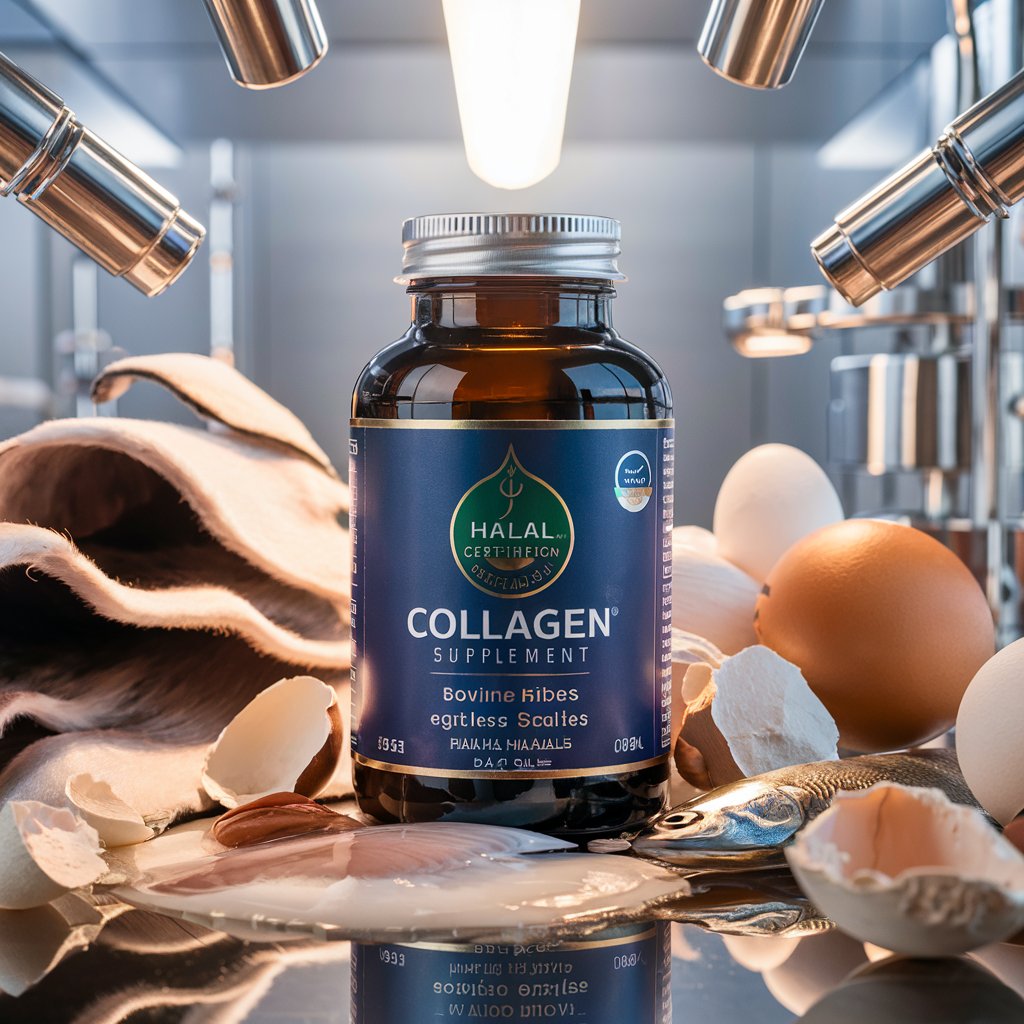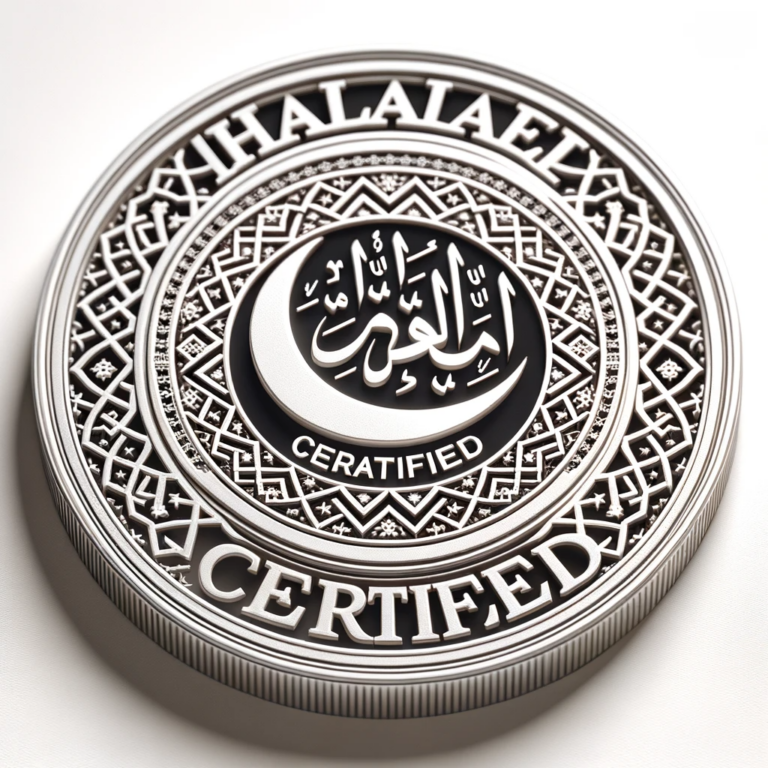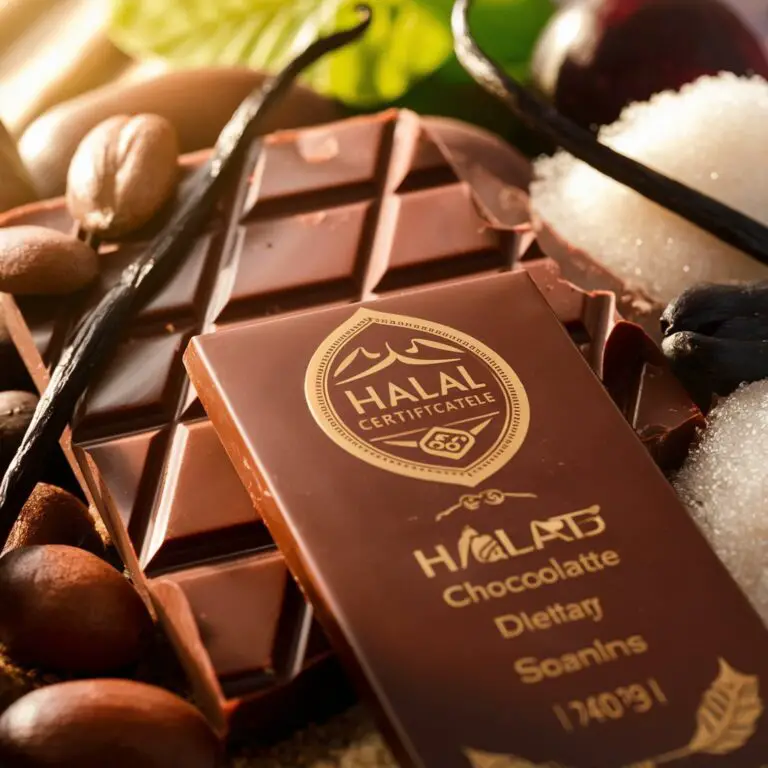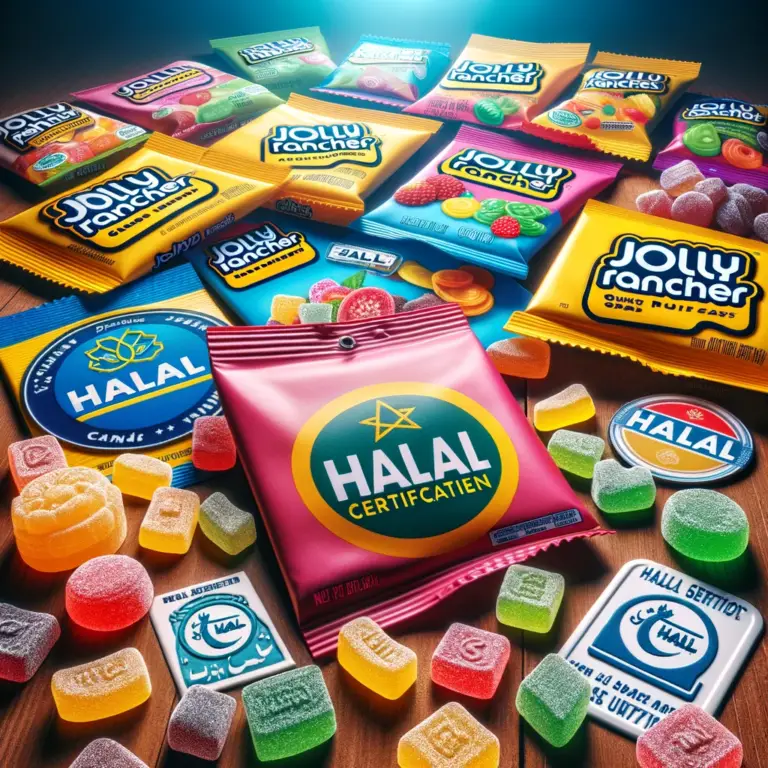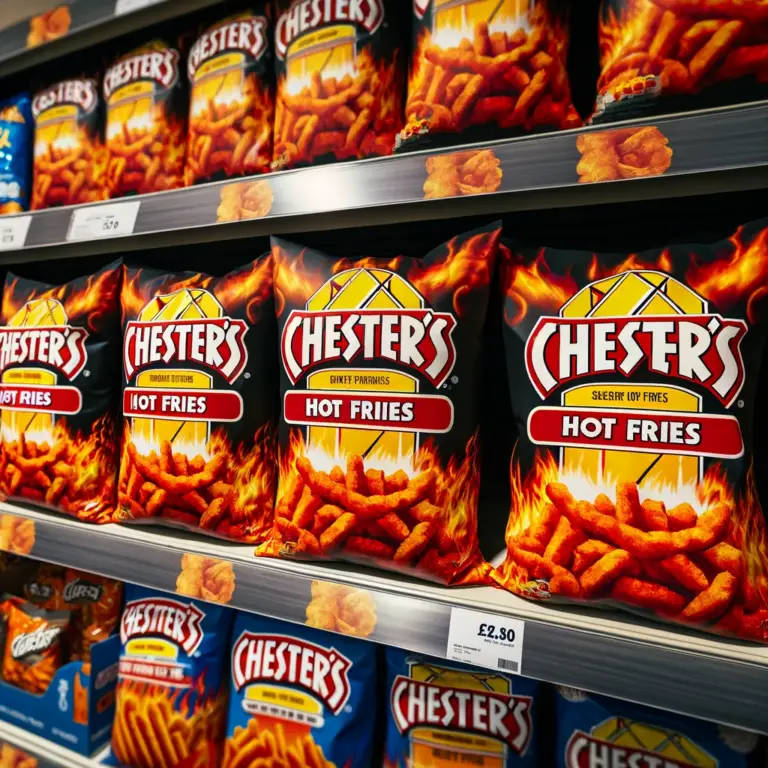Is Collagen Halal?
What is Collagen?
Collagen is a protein that is naturally found in the connective tissues of animals, including skin, bones, and cartilage. It is the most abundant protein in the human body and plays a crucial role in maintaining the structure and strength of our tissues.
Collagen has become increasingly popular in recent years due to its potential health benefits, including:
- Improving skin health and reducing signs of aging
- Supporting joint health and reducing joint pain
- Promoting gut health and reducing inflammation
- Boosting muscle mass and strength
Sources of Collagen
Collagen can be obtained from various sources, including:
- Bovine (cow) hides and bones
- Porcine (pig) skin
- Fish scales and skin
- Eggshell membranes
- Chicken cartilage
The source of collagen is a critical factor in determining whether it is halal or not.
Is Collagen Halal?
The answer to whether collagen is halal or not depends on several factors, including:
- The source of the collagen
- The method of processing and production
- The presence of any prohibited ingredients or contaminants
Let’s take a closer look at each of these factors.
The Source of the Collagen
According to Islamic law, collagen derived from halal animals, such as cows, chickens, and fish, is considered halal. However, collagen derived from pigs or other prohibited animals is not halal.
It is essential to note that even if the collagen is derived from a halal animal, it must be slaughtered according to Islamic guidelines for it to be considered halal. This means that the animal must be slaughtered in the name of Allah and in a specific manner that minimizes its suffering.
| Source of Collagen | Halal Status |
|---|---|
| Bovine (cow) | Halal* |
| Porcine (pig) | Haram |
| Fish | Halal* |
| Eggshell membranes | Halal* |
| Chicken cartilage | Halal* |
*Only if derived from animals slaughtered according to Islamic guidelines.
The Method of Processing and Production
The method of processing and production of collagen is also essential in determining whether it is halal or not. The production process must not involve the use of any prohibited substances or methods that go against Islamic principles.
For example, if the collagen is produced using alcohol or other prohibited substances, it would not be considered halal, even if it is derived from a halal animal.
The Presence of Any Prohibited Ingredients or Contaminants
Finally, the presence of any prohibited ingredients or contaminants in the collagen product can also render it non-halal. This includes the use of any non-halal ingredients or the contamination of the product with non-halal substances during the production process.
It is crucial to carefully read the ingredient list and any certification labels on collagen products to ensure that they are free from any prohibited substances.
Halal Certification of Collagen Products
To ensure that a collagen product is halal, it is essential to look for halal certification from a reputable Islamic organization. Halal certification ensures that the product has been produced in accordance with Islamic guidelines and is free from any prohibited substances or contaminants.
Some of the leading halal certification bodies for collagen products include:
- Islamic Services of America (ISA)
- Islamic Food and Nutrition Council of America (IFANCA)
- Halal Food Council of Europe (HFCE)
- Majelis Ulama Indonesia (MUI)
When purchasing collagen products, it is essential to look for the halal certification logo or label on the product packaging or website.
Benefits of Halal Collagen

Halal collagen offers several potential benefits, both for the consumer and for the wider community, including:
- Adherence to Islamic principles: Halal collagen allows Muslims to consume collagen products without compromising their religious beliefs and values.
- Ethical and humane production: Halal collagen is produced using methods that prioritize animal welfare and minimize suffering, in line with Islamic principles of compassion and respect for all living beings.
- Quality assurance: Halal certification ensures that the collagen product has undergone rigorous quality control and is free from any prohibited substances or contaminants, giving consumers peace of mind and confidence in the product.
- Supporting the halal industry: By choosing halal collagen products, consumers can support the growth and development of the halal industry, which plays an essential role in the global economy and contributes to the well-being of Muslim communities around the world.
Frequently Asked Questions about Halal Collagen
- Q: Is all collagen halal?
A: No, not all collagen is halal. The halal status of collagen depends on the source of the collagen, the method of processing and production, and the presence of any prohibited ingredients or contaminants. - Q: Can I consume collagen if I am Muslim?
A: Yes, you can consume collagen if you are Muslim, as long as the collagen is derived from a halal source and produced in accordance with Islamic guidelines. It is essential to look for halal certification on collagen products to ensure their halal status. - Q: What are the best sources of halal collagen?
A: The best sources of halal collagen are those derived from halal animals, such as cows, chickens, and fish, that have been slaughtered according to Islamic guidelines. It is essential to ensure that the production process is also halal and free from any prohibited substances. - Q: How can I ensure that a collagen product is halal?
A: To ensure that a collagen product is halal, look for halal certification from a reputable Islamic organization on the product packaging or website. You can also contact the manufacturer directly to inquire about the halal status of their products. - Q: Are there any vegan alternatives to halal collagen?
A: Yes, there are several vegan alternatives to halal collagen, including plant-based collagen boosters and supplements derived from sources such as seaweed, nuts, and legumes. These alternatives can provide similar benefits to collagen without the use of animal products.
Conclusion
In conclusion, the halal status of collagen depends on several factors, including the source of the collagen, the method of processing and production, and the presence of any prohibited ingredients or contaminants.
As Muslims, it is essential to ensure that the collagen products we consume are halal and produced in accordance with Islamic guidelines. By choosing halal collagen products, we can adhere to our religious principles, support ethical and humane production practices, and contribute to the growth and development of the halal industry.
When considering the use of collagen products, it is crucial to do your research, read ingredient lists carefully, and look for halal certification from reputable Islamic organizations. By doing so, you can make informed choices about the products you consume and ensure that they align with your values and beliefs.

